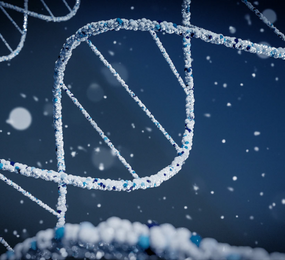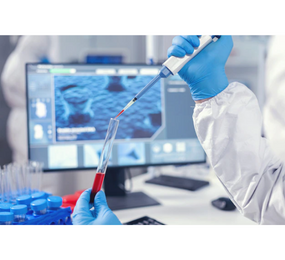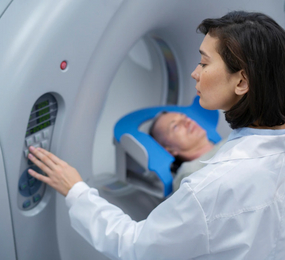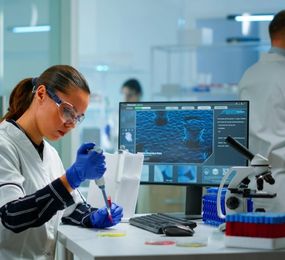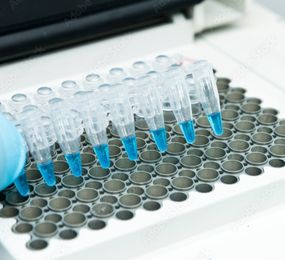The bioprocessing industry operates in a highly regulated environment, and adherence to stringent regulatory frameworks is essential to ensure the safety, quality, and efficacy of biopharmaceutical products. These regulations provide a foundation for the consistent production of life-saving therapies while safeguarding public health.
The regulatory landscape for bioprocessing is complex and varies by region. In the United States, the Food and Drug Administration (FDA) plays a central role in setting and enforcing regulations for biopharmaceutical manufacturing. The European Medicines Agency (EMA) and other regulatory bodies oversee the industry in Europe, while similar agencies exist worldwide.
Key components of regulatory compliance in bioprocessing include good manufacturing practices (cGMP), which dictate the standards for quality, purity, and consistency of biopharmaceutical products. Bioprocessing facilities must adhere to cGMP guidelines, ensuring that every step of production meets strict quality control requirements.
Regulatory agencies also review and approve processes, facility designs, and quality control measures. The process of validation, from analytical methods to manufacturing processes, is integral to this approval.
Environmental regulations and safety standards are equally vital. Bioprocessing facilities must meet environmental requirements to minimize their impact on the environment and public health.
Regulatory frameworks and compliance are the cornerstones of bioprocessing. These regulations ensure that biopharmaceutical products are safe, effective, and of high quality. Complying with these standards not only benefits patients but also upholds the integrity of the biopharmaceutical industry.
To register or learn more about the Forum please check here: https://bit.ly/3zxguXW
For more information and group participation, contact us: [email protected]


